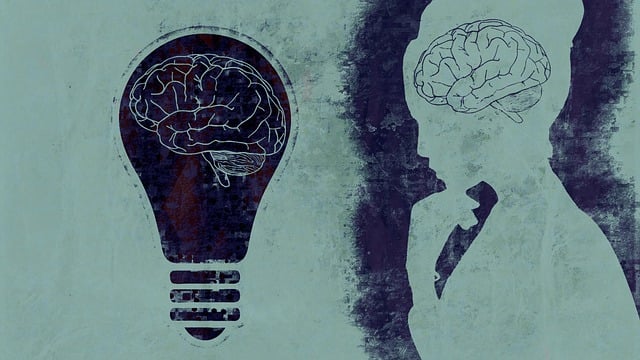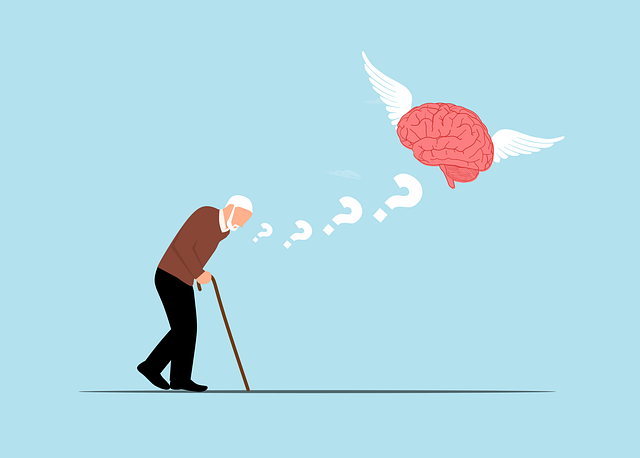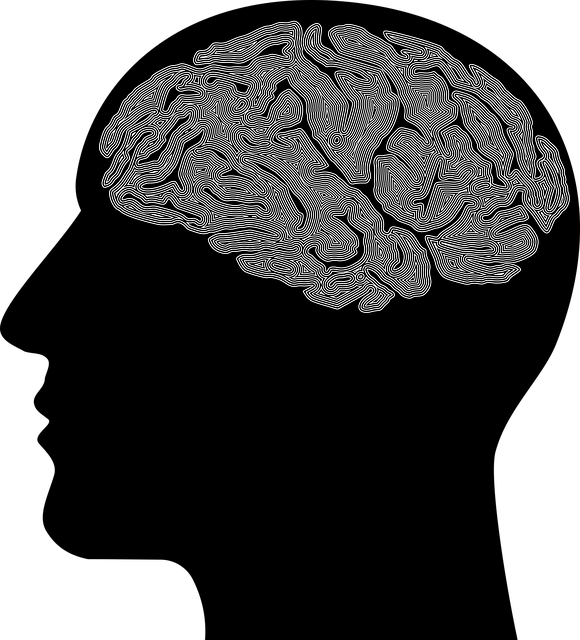Therapy for elders suffering from alcohol abuse presents unique challenges due to age-related factors like loneliness, cognitive changes, and loss. Effective treatment requires a tailored approach addressing physical health, cognitive function, and social interactions. Strategies include confidence-boosting techniques, social skills training, self-care routines, and risk management plans focusing on burnout prevention, empathy building, and depression mitigation. Professionals must identify and address hazards like age-related cognitive decline through proactive measures like self-esteem improvement techniques and educational podcasts. Open communication in a non-judgmental environment is crucial, with structured consent processes ensuring patient autonomy. A dynamic risk management approach involving continuous monitoring and evaluation ensures tailored, safe therapy for elders struggling with alcohol abuse.
Mental health professionals working with elderly individuals suffering from alcohol abuse face unique challenges. This article explores essential risk management planning strategies tailored to this sensitive area of care. We delve into identifying specific risks associated with treating the elderly, including cognitive decline and social isolation. Effective approaches are outlined for developing a robust risk plan, from hazard identification to continuous monitoring. Learn how structured communication, informed consent, and adaptive strategies ensure optimal safety in therapy for elders alcohol abuse.
- Understanding the Unique Risks in Elderly Alcohol Abuse Therapy
- Developing a Comprehensive Risk Management Plan
- Identifying Potential Hazards and Their Mitigation Strategies
- Implementing Effective Communication and Consent Processes
- Continuous Monitoring, Evaluation, and Adaptation for Enhanced Safety
Understanding the Unique Risks in Elderly Alcohol Abuse Therapy

Elderly clients presenting with alcohol abuse issues bring a unique set of challenges to mental health professionals. This demographic often faces complex factors contributing to their substance misuse, such as loneliness, loss of loved ones, and age-related cognitive changes. As therapists, understanding these nuances is vital for effective treatment. Many elderly individuals may have experienced trauma or loss throughout their lives, leading to a reliance on alcohol as a coping mechanism.
The process of therapy for elders alcohol abuse requires a tailored approach that considers not only the physical health implications but also the potential impact on cognitive function and social interactions. Confidence-boosting strategies and social skills training can be powerful tools to help seniors rebuild their lives. Additionally, encouraging the development of a self-care routine can significantly improve overall mental health and well-being during and after therapy.
Developing a Comprehensive Risk Management Plan

Developing a Comprehensive Risk Management Plan is an essential step for mental health professionals to ensure they can deliver effective care while mitigating potential risks and challenges. This process involves a systematic approach to identifying, assessing, and addressing various factors that may impact their well-being and practice. By creating such a plan, therapists can proactively navigate complex situations, especially when working with vulnerable populations like the elderly or individuals struggling with alcohol abuse.
In this context, it’s crucial to integrate strategies for burnout prevention, empathy building, and depression prevention. For instance, setting clear boundaries between work and personal life, incorporating self-care practices, and providing supportive supervision can help professionals sustain their emotional resilience. Additionally, tailoring therapy sessions to meet the unique needs of elders, such as addressing isolation or cognitive changes due to aging, can foster a more meaningful therapeutic experience while minimizing potential risks associated with misdiagnosis or inappropriate treatment.
Identifying Potential Hazards and Their Mitigation Strategies

Mental health professionals must continually assess their practice environments and patient populations for potential hazards that could compromise client safety and well-being. These hazards can manifest in various forms, such as trauma-related issues, substance abuse (including Alcohol Abuse among Elders), or mental health crises. For instance, therapists working with elderly clients need to be prepared for the unique challenges associated with age-related cognitive decline and its impact on therapy engagement.
Identifying these risks early allows professionals to implement effective mitigation strategies. One such strategy is integrating self-esteem improvement techniques into therapy sessions, empowering clients to build resilience against adverse experiences. Additionally, producing a Mental Wellness Podcast Series can offer educational content on coping skills development, reaching a broader audience and fostering a supportive community. These proactive measures contribute to creating a safer, more nurturing therapeutic environment.
Implementing Effective Communication and Consent Processes

Effective communication is a cornerstone of successful mental health practice, especially when addressing sensitive issues such as alcohol abuse in elderly patients. Professionals must establish open dialogue, ensuring patients feel comfortable discussing their struggles and concerns. This involves creating a safe, non-judgmental environment where elders can openly talk about their experiences, fears, and aspirations.
Implementing structured consent processes is another vital aspect of risk management. These processes ensure that patients understand the nature of therapy, its potential benefits, and any associated risks, particularly when considering therapeutic interventions for depression prevention. By obtaining informed consent, mental health professionals demonstrate respect for patient autonomy and set clear boundaries, fostering a collaborative relationship built on trust and understanding.
Continuous Monitoring, Evaluation, and Adaptation for Enhanced Safety

Mental health professionals must adopt a dynamic approach to risk management planning, emphasizing continuous monitoring and evaluation to ensure client safety. This involves regularly assessing clients’ mental states, especially when dealing with vulnerable populations such as elderly individuals struggling with alcohol abuse. By implementing robust communication strategies and building resilience, therapists can foster a therapeutic environment that accommodates cultural sensitivity in mental healthcare practice. Regular adaptation based on these evaluations is key; it allows professionals to make informed decisions, adjust treatment plans, and provide the best possible care.
Through this iterative process, therapists can identify emerging risks or changes in client conditions promptly. For instance, when treating elders with alcohol abuse issues, monitoring their progress might reveal new mental health challenges or physical health complications related to substance misuse. Such continuous assessment enables professionals to adapt therapy strategies, incorporate resilience-building exercises tailored to the client’s needs, and maintain a high level of safety throughout the therapeutic journey.
Mental health professionals working with elderly individuals suffering from alcohol abuse face unique challenges. By developing a robust risk management plan that addresses specific hazards like withdrawal symptoms and intergenerational trauma, therapists can create a safe and supportive environment. This involves continuous monitoring, adaptive strategies, and open communication, ensuring the best possible care for this vulnerable population. When implemented effectively, these practices not only enhance patient safety but also foster successful outcomes in Therapy for Elders Alcohol Abuse.














